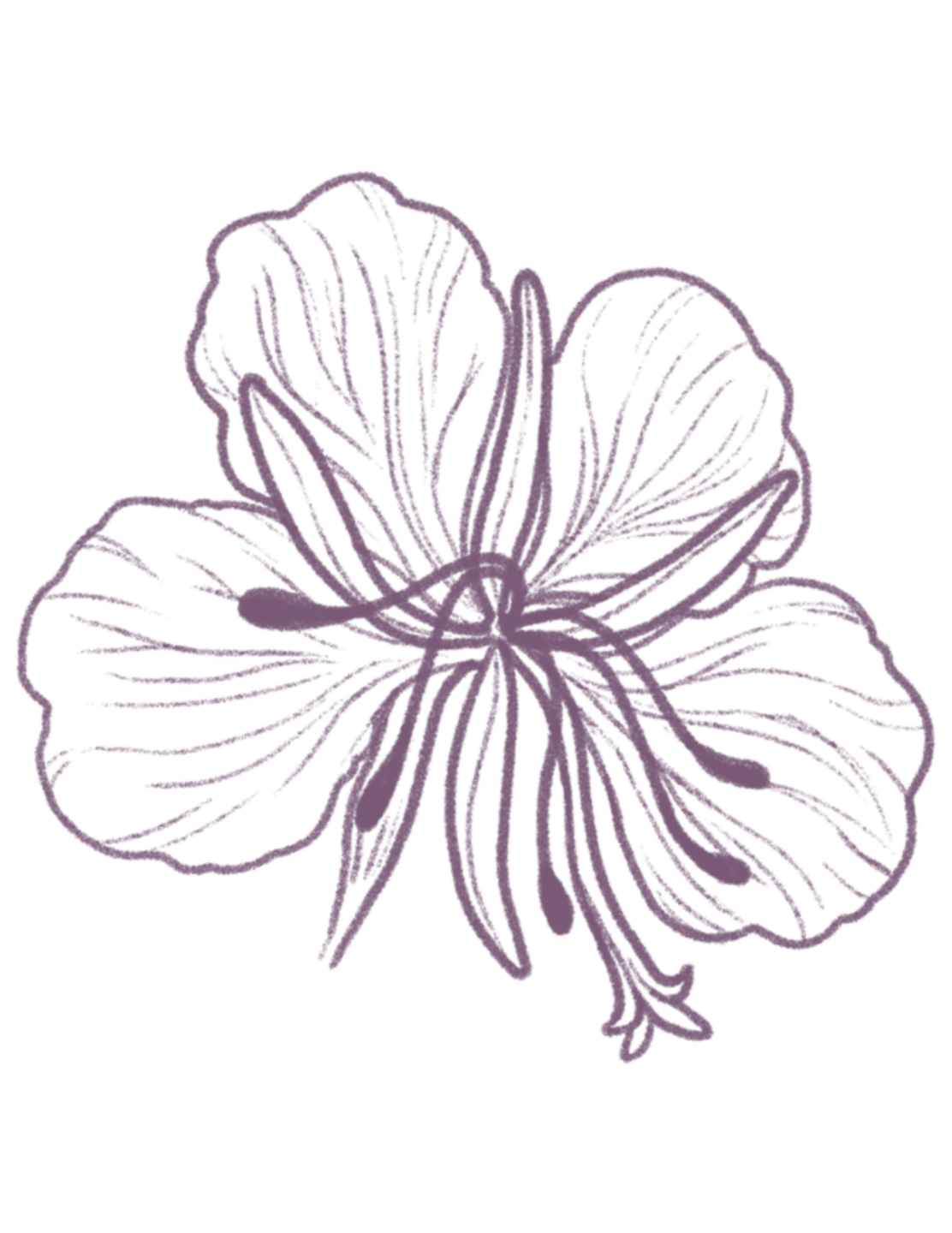Does Geography Impact Access to Justice?
Access to Evidence Collection in Rural and Remote Communities
Abstract
This study addresses the issues of geographic and cultural isolation and the centricity of care and services in ‘hub cities’ by hearing first-hand from survivors and care providers in the identified regions. The research explores the decision processes and lived experiences of seeking post-assault care, the critical interactions that could improve support and access to forensic evidence collection and support services, and culturally relevant care practices that could enhance immediate and longer-term care pathways. The project addresses critical gaps for sexual assault survivors and their needs, particularly Indigenous women who experience disproportionately high rates of sexual violence and systemic barriers within the Canadian healthcare system. The findings inform the development of more equitable, accessible, and trauma-wise collection of forensic evidence and to frame care pathways in remote Canadian and Indigenous communities. This report provides essential background, linking the project to the Calls for Justice, and details its ethical, Indigenous trauma-wise methodology and the Principles of Ownership, Control, Access, and Possession (OCAP®). The report prioritizes survivors' voices and concludes with strategies for ethical, trauma-wise care and identifies areas for further research.
Origins of the Project
Undertaken by She Matters, in partnership with Rise Consulting, the Yukon Aboriginal Women's Council and Michella Seymour, and funded by Women and Gender Equality (WAGE) Canada, this project was designed to address barriers to accessing forensic evidence collection for survivors of sexual assault in rural and remote communities. The study examines the factors limiting survivors’ access to forensic evidence collection in the Yukon, Northern BC, and Northern Ontario.
The current study builds from Silenced: Canada's Sexual Assault Evidence Kit Accessibility Crisis (2021), a 12-month study of sexual assault evidence kit accessibility in Canada, also undertaken by She Matters. Sexual Assault Evidence Kits (SAEK) and Sexual Assault Forensic Examinations (SAFEs) are thought to be widely available in Canadian emergency room departments and health centres across the country. This volunteer-led study contacted 700 hospitals and health centres. Feedback from 581 facilities revealed a lack of access to forensic evidence collection and support services, in turn, affecting access to justice in Canadian courts. The more northern and remote, the worse access becomes.

Objectives
- Research the impact of geography on care and forensic evidence access for survivors.
- Investigate the lived experiences and challenges of survivors seeking care.
- Identify critical interactions survivors say would honour and improve post-assault healing
- Explore/ideate trauma-wise emergent, patient, and discharge care pathways to enhance short-term well-being and mitigate longer-term psychological and physical impacts from unresolved and multiple-occurring traumas, such as the onset of chronic pain later in life.

Method
Drawing upon a genocide-informed and trauma-wise lens, this study integrated Indigenous Storywork and Indigenous Focusing Oriented Therapy (IFOT) (Archibald, 2008; Tipple, 2021; Turcotte & Schiffer, 2014). Sixty-two participants, Indigenous and non-Indigenous survivors and service providers (Northern Ontario, Northern British Columbia, and Yukon) shared their lived experiences.
Findings
First responses matter. Medical and insidious trauma compound the initial trauma of sexual assault, affect future decision-making on care, and impact long-term physical and mental health. Geographical barriers and poor access to evidence collection further amplify trauma. Survivor’s agency, culturally relevant care, and addressing remote access challenges are crucial.
Root Causes
Survivor Gifts
‘Community First’ Care Modalities
A Survivor's Agenda
Recommendations
For Addressing Barriers, Humanizing Care, and Removing Barriers
For Improved Critical Interactions and Fewer Trauma Multipliers
For Integrating Indigenous Relational Ethics & Protections
The Survivor Space Podcast
Hosted and Produced by Jessica Regan, and guided by Co-Producer Robyn Soulier-Ritchot, this four-part series brings the findings of Does Geography Impact Access to Justice: Access to Evidence Collection in Rural and Remote Communities to life through the stories of survivors and rights holders across Northern Ontario, Northern British Columbia, and the Yukon.
Guided by Indigenous Storywork and trauma-wise practices, each episode honours one of the Four Sacred Directions — East, South, West, and North — moving through stories of survivance, self-advocacy, reimagined care, and hope. Listeners are invited to witness these stories with care, learning how geography, colonialism, and systemic inequities continue to shape access to justice and healing.
This podcast is a return. A way of bringing the research home to the communities, advocates, and survivors who shared their truths and made this work possible.

Dedication
In bringing this report together, we made an intentional effort to move away from colonial practices of producing and sharing knowledge. Our approach is rooted in Indigenous ways of knowing—honouring story as knowledge, land as witness, and healing as both individual and collective.
To the rights holders who continue to speak into institutions that silence them, who push for change even when the weight of those systems makes it difficult to be heard — we see you, and we honour your calls for change in this report.
And to those in positions of authority: may you read these words with openness and hold them with responsibility. Ensure that this report does not end here — but becomes a catalyst for real, lasting change.




